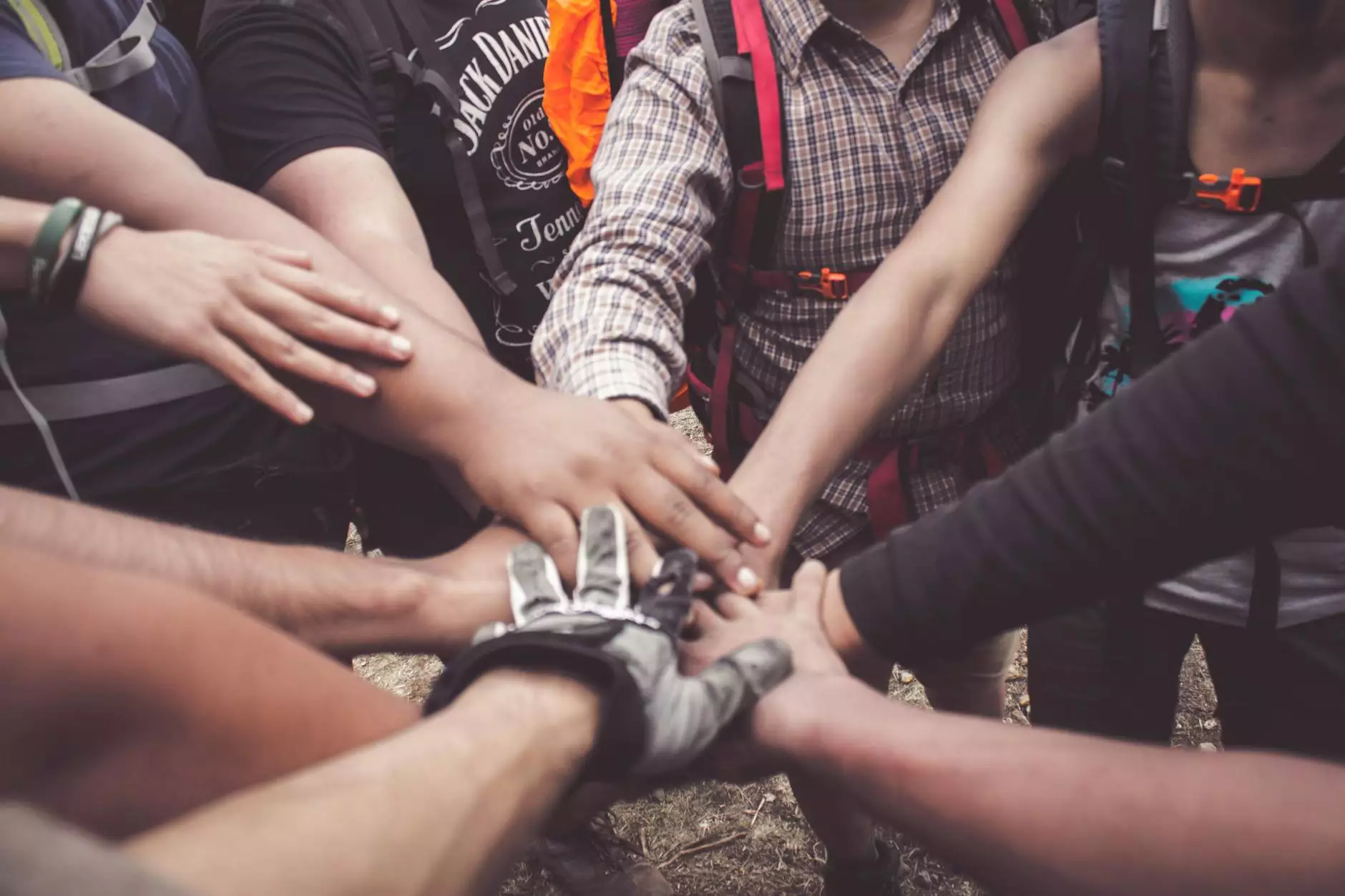Understanding the Role of Religious Organizations in Today’s Society

Religious organizations serve as fundamental pillars in our communities, offering not just a place of worship, but also a space for community building, personal growth, and social support. Among them, synagogues, churches, and various other religious institutions play unique roles that cater to distinct yet overlapping audiences. This comprehensive article explores the importance of these organizations, with a focus on the influential presence of Zion NYC.
The Essence of Synagogues and Their Community Impact
Synagogues are more than just places where Jewish people gather to pray. They are vibrant community centers that foster relationships, facilitate educational programs, and support social actions. Here are some of the key roles that synagogues play:
- Spiritual Guidance: Providing a space for prayer and reflection, synagogues guide members in their spiritual journeys.
- Community Engagement: They host events that draw community members together, strengthening bonds and creating lifelong friendships.
- Education Programs: Synagogues often provide educational resources for children and adults alike, from religious education to cultural literacy.
- Charitable Activities: Many synagogues are involved in social justice initiatives and charitable giving, embodying the principle of “Tikkun Olam” (repairing the world).
At Zion NYC, the synagogue embodies these values by creating an inclusive environment where families and individuals can thrive emotionally and spiritually.
The Transformative Power of Churches
Like synagogues, churches are central to Christian communities, offering more than just a place to worship. They are bastions of hope, community connection, and outreach. Some ways churches contribute include:
- Support Systems: Churches provide emotional and psychological support through counseling services and community programs.
- Worship and Fellowship: Weekly services and fellowship activities help create a sense of belonging amongst congregants.
- Youth and Family Programs: Many churches have vibrant youth ministries and family programs designed to engage all ages.
- Charitable Outreach: Churches frequently engage in outreach programs aimed at helping the less fortunate, from food drives to homeless shelters.
Communities like Zion NYC reflect the essence of the modern church: a place for love, learning, and serving others.
The Importance of Interfaith Dialogue and Cooperation
As our world becomes increasingly diverse, the need for interfaith dialogue has never been more vital. Synagogues, churches, and other religious organizations can foster understanding and respect among different faiths. Here’s how:
- Promoting Mutual Respect: Engaging with different faiths encourages an appreciation for various traditions and beliefs.
- Community Projects: Interfaith charities and community service events unite congregants from different backgrounds in common goals.
- Conflict Resolution: Open dialogues can lead to the resolution of conflicts and prevent misunderstandings that can arise from differing beliefs.
- Educational Opportunities: Religious organizations can facilitate workshops and discussions that educate members on various faiths and cultural practices.
The importance of these dialogues is exemplified by initiatives taken by Zion NYC, which promotes cooperation among diverse groups in New York City.
Nurturing Personal Growth through Religious Organizations
One of the essential functions of religious organizations is promoting personal growth. Many individuals turn to houses of worship seeking more than community; they seek a transformative experience. This can manifest in several ways:
- Spiritual Development: Regular participation in services and activities helps individuals deepen their understanding of their faith.
- Leadership Opportunities: Engaging in community service and church functions helps individuals develop leadership skills and confidence.
- Access to Resources: Many churches and synagogues provide access to resources such as counseling, mentorship, and educational programs.
- Peer Support: Creating connections with like-minded individuals contributes to personal accountability and encouragement.
At Zion NYC, individuals are offered myriad opportunities to grow spiritually and personally, enriching their lives through engagement and service.
The Vital Role of Social Justice Initiatives
Many religious organizations have recently taken up the mantle of social justice, responding to the pressing issues facing their communities. This involvement can include:
- Advocacy: Speaking out against social injustices and advocating for equity and human rights.
- Community Mobilization: Organizing community events that align with social justice themes, such as peace marches and educational forums.
- Collaboration: Partnering with non-profit organizations to address local and global issues, from hunger to climate change.
- Empowerment Programs: Creating initiatives that empower marginalized groups through education and resources.
The work done by Zion NYC in the realm of social justice reflects the commitment of religious organizations to make a positive impact in the world.
Fostering Community Through Celebrations and Rituals
Religious organizations are often the heart of communal celebrations and rituals that enhance both individual and collective identities. These activities might include:
- Religious Festivals: Observing and celebrating important religious holidays brings communities together.
- Rituals and Traditions: Participating in rituals fosters belongs and continuity within the faith tradition.
- Arts and Culture: Many organizations incorporate music, art, and performance into their celebrations, enriching the cultural landscape.
- Family and Community Events: Shared meals, picnics, and gatherings promote fellowship and bonding among members.
The vibrant celebrations hosted by Zion NYC illustrate the joy and unity that such events can bring to a community.
Conclusion: The Everlasting Influence of Religious Organizations
In conclusion, religious organizations like synagogues and churches play a crucial role in providing a sense of community, fostering personal growth, and advocating for social justice. Their multifaceted contributions enrich the lives of many, helping individuals and communities navigate the challenges of modern life. The work of Zion NYC exemplifies these principles, demonstrating a dedication to nurturing faith, community, and compassion.
As society continues to evolve, the need for the supportive environment offered by religious organizations will remain paramount. They serve not only as places of worship but also as catalysts for personal and communal improvement, ensuring their vital role in our ever-changing world.
https://zion.nyc/


